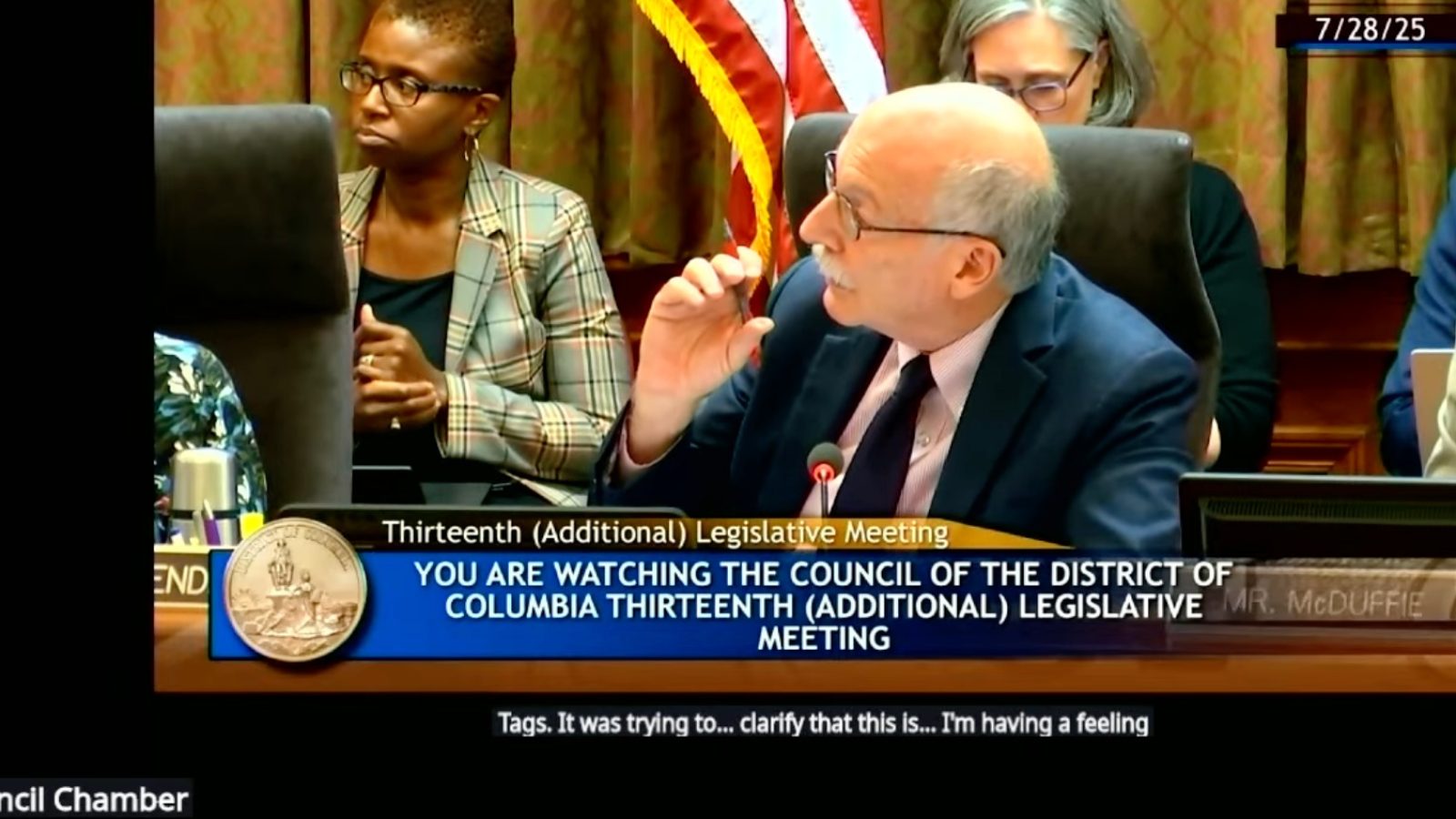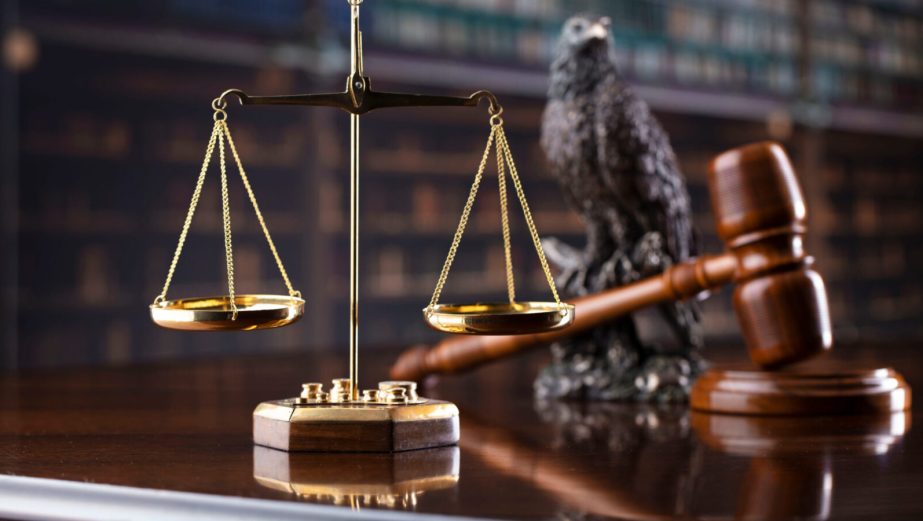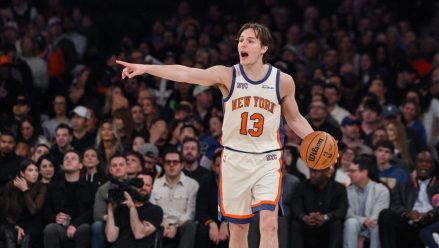After starting an hour late and enduring 6½ hours of debate and several noisy outbursts, the DC City Council passed its FY 2026 budget at 7:28 p.m. local time Monday. In doing so, the council all but extinguished a gambling lawsuit that could have cost commercial sports betting operators tens of millions of dollars. Mayor Muriel Bowser must now sign the budget, but she has initiated the changes to the city’s loss-recovery act that are part of the approved budget.
In the course of a meeting that involved heated debate about tipped minimum wage and raising taxes on the wealthy to pay for programs in poorer neighborhoods, an amendment to the Statute of Anne text did not rate discussion. Bowser included language in her Fiscal Year 2026 budget proposal to exempt sports betting, blackjack and poker, lottery games, and some charitable gaming from the more-than-300-year-old law.
Leading into the budget discussion, there were rumors that an amendment removing the updated Statute of Anne language would be proposed. But no such amendment materialized Monday.
The new budget will also make in-person blackjack, bingo, and poker legal in D.C.
The loss-recovery amendment will be retroactive to the legalization of sports betting in D.C., meaning the lawsuit by DC Gambling Recovery won’t have legs once Bowser signs.
Loss-recovery acts, which date to 18th-century England, allow gambling losers to sue winners for their losses. Initially designed to target illegal gambling, something was lost in translation across the Atlantic to Maryland territory and eventually the District of Columbia. But it wasn’t until the DC Council changed the rules on digital sports betting, welcoming the biggest commercial platforms last year, that the centuries-old law came into play.
Original language contrary to DC goals
In February, DC Gambling Recovery — a Delaware-based organization whose members are unknown — filed a lawsuit in DC Superior Court that was ultimately moved to federal court. Loss-recovery acts allow third parties to sue on behalf of losing gamblers, and in D.C., they can ask for up to three times the losses. Through April 2025, D.C.’s commercial mobile operators reported $65.8 million in revenue. If this is considered the amount bettors “lost” in the case, tripling it would bring the penalty to $197.4 million.
All five named operators — BetMGM, Caesars Sportsbook, DraftKings, Fanatics Sportsbook, and FanDuel — have made motions to dismiss. Among the arguments is that commercial operators are not “winners” in the traditional sense and that the original law does not apply to sports betting.
Ahead of the budget vote, the iGaming Development and Economic Association (iDEA) sent a letter to the council in support of the new language.
“Until recently, no one seriously thought that the Statute of Anne would permit third parties to recover purported gambling losses from operators offering sports wagering in compliance with the Sports Wagering Act,” wrote iDEA founder Jeff Ifrah July 24. “That is because doing so would undermine the Council’s major goal in authorizing sports wagering: raising revenue to fund District programs, create jobs, and encourage visitors to spend more money in the District.
“Allowing private litigants to profit by imposing exorbitant penalties on a relatively young industry would thwart the Council’s carefully considered policy judgement and comprehensive regulatory regime governing sports wagering in the District.”
Loss-recovery acts exists in 31 U.S. states, including Kentucky, where in 2020, the state Supreme Court upheld a lower-court ruling awarding the state $300 million. In 10 states with such acts, plaintiffs can at least treble damages. There are similar lawsuits pending in Kentucky, Illinois, Massachusetts, Ohio, and South Carolina.








